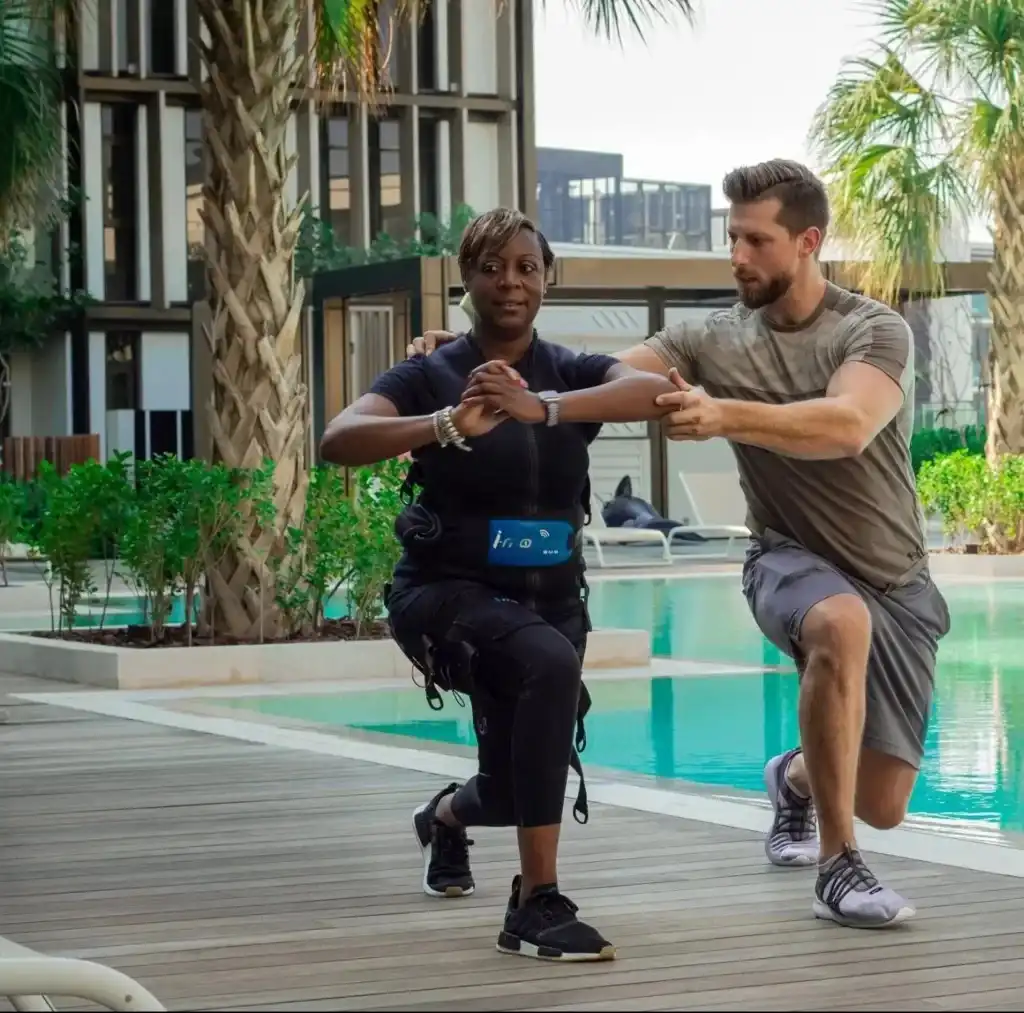
Motherhood, intertwined with the intricacies of pelvic health and recovery, profoundly reshapes a woman’s essence. It’s a journey marked by laughter, tears, discoveries, and deep transformations. When a mother cradles her newborn for the first time, an unspoken promise is made—a commitment to provide, protect, and nurture. Yet, amidst the sleepless nights, diaper changes, and lullabies, mothers often forget a crucial promise to themselves: prioritizing their own recovery and well-being.
When discussions arise about bouncing back post-childbirth, the narrative typically revolves around reclaiming the pre-pregnancy physique. Tabloid magazines praise celebrities for their rapid ‘bounce-backs’, yet seldom does the discourse delve deep into the nuanced facets of postpartum healing. One such aspect, often overshadowed by mainstream conversations, is the restoration of the pelvic floor—a foundation of a woman’s internal structure. Learn more about the significance and methods of pelvic floor exercises.
The phrase “motherhood fitness routine” evokes images of cardio sessions, yoga, or perhaps lifting weights. But the story remains incomplete without acknowledging the integral role of Pelvic Floor Recovery. It’s not merely about aesthetics or regaining physical strength; it’s about restoring the balance and ensuring holistic wellness for mothers who have gifted life.

Diving Deep: The Pelvic Floor Explained
Imagine a hammock of muscles, ligaments, and connective tissues gracefully stretching from your tailbone to the pubic bone. This is the pelvic floor, a marvel of our anatomy! Beyond being integral to post-natal pelvic exercises, it provides support to crucial organs like the bladder and uterus. This complex network is vital during childbirth and is the unsung hero ensuring urinary and fecal continence.

The Toll of Childbirth on Our Unsung Hero
The miracle of birth, especially when experienced naturally, exerts considerable pressure on this pelvic hammock. Such strain may weaken, and in some instances, damage this area. Potential consequences? Issues like unexpected urinary leaks, challenges during intimate moments, and the much-feared pelvic organ prolapse. Ensuring holistic wellness for postnatal moms necessitates the emphasis on Pelvic Floor Recovery after giving birth. Dive into the details with Kegel Exercises.

Reaping the Rewards of Pelvic Floor Fortification
A Robust Core: A revitalized pelvic floor enhances core strength, leading to improved posture and balance. Dodge the Postnatal Pitfalls: Being proactive in pelvic floor health can help avoid issues like urinary incontinence, a common postnatal concern. Boosted Self-assurance and Relationship Intimacy: A resilient pelvic floor not only elevates self-confidence but also ensures a smoother transition into the various facets of motherhood without any physical reservations. Explore the benefits of personal training at home and its potential in aiding the pelvic floor fortification journey.

Roadmap to Pelvic Floor Fortitude
Kegel exercises serve as fantastic workouts for fortifying the pelvic floor. Coupled with other practices like strength training for women and deep diaphragmatic breaths, they can usher in a world of difference. Additionally, holistic exercises like Pilates and Yoga accentuate pelvic floor strength and promote overall rejuvenation. So, as new moms venture into the world of motherhood fitness, it’s vital to remember that the journey begins from the core, quite literally!
Epilogue
Motherhood isn’t just about birthing a new life; it’s about re-birthing oneself into a stronger, more resilient version. And while the world lauds the visible sacrifices and transformations, it’s time to shine the spotlight on the unseen heroes like the pelvic floor. By emphasizing pelvic floor recovery, we champion a healthier, more balanced generation of mothers. As mothers thrive, so does the world!


